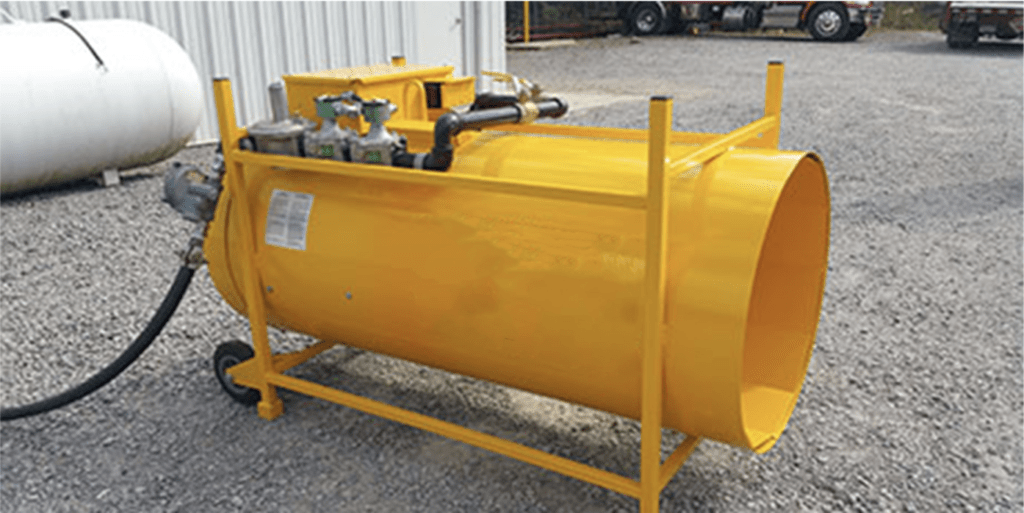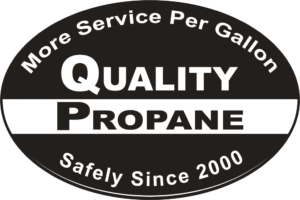Fuel Your Cold Weather Construction – Call for Propane
The weather can really wreak havoc when your business is working on a construction or renovation project.
In fact, cold weather can create all kinds of problems at a job site.
- Solvents and water in paint can freeze and make drying and curing time longer. Some paints may become too thick to apply.
- Plaster can freeze, weakening to the point where it may come off the surface at the slightest touch.

- Stucco that freezes within the first 48 hours of application will be compromised. The excess water in it will expand when it freezes, which can negatively affect its durability and strength.
- Ice crystals can weaken both concrete and bricks.
- If there’s existing plumbing at a renovation site, cold temperatures can cause pipes to freeze and burst.
- Joint compound and spackle don’t adhere properly to drywall.
- Equipment may not run properly.
- Workers are vulnerable to hypothermia and frostbite. And ice on surfaces may cause slips and falls.
- Labor costs are driven up by the affects that cold weather can have on your materials and because of the extra time needed to finish jobs.
Temporary heaters have come a long way from the days of mushroom-style pot heaters, which had the potential to spread carbon monoxide throughout a building. Today’s heaters run much more efficiently. Using technology such as electronic modulating burner controls and remote space thermostats to automatically adjust gas flow. They can also draw clean outside air for combustion or be placed outside with temporary ductwork to deliver heat to the building.
Construction heaters range in size from small, portable heaters that produce about 35,000 British thermal units (Btus) of heat to large heaters capable of heating hospitals or resorts, with energy outputs up to 5 million Btus. Combined with proper ventilation, temporary heaters allow construction materials such as floor finishes, drywall, plaster, and paint to dry and cure even during cold weather.
Temporary construction heat can also keep your workers warm and productive. In some regions, codes or safety regulations require that workers have a supplementary heat source when work area temperatures drop below a certain level.
If you have any questions, or are interested in our temporary heating services, please contact us today.



